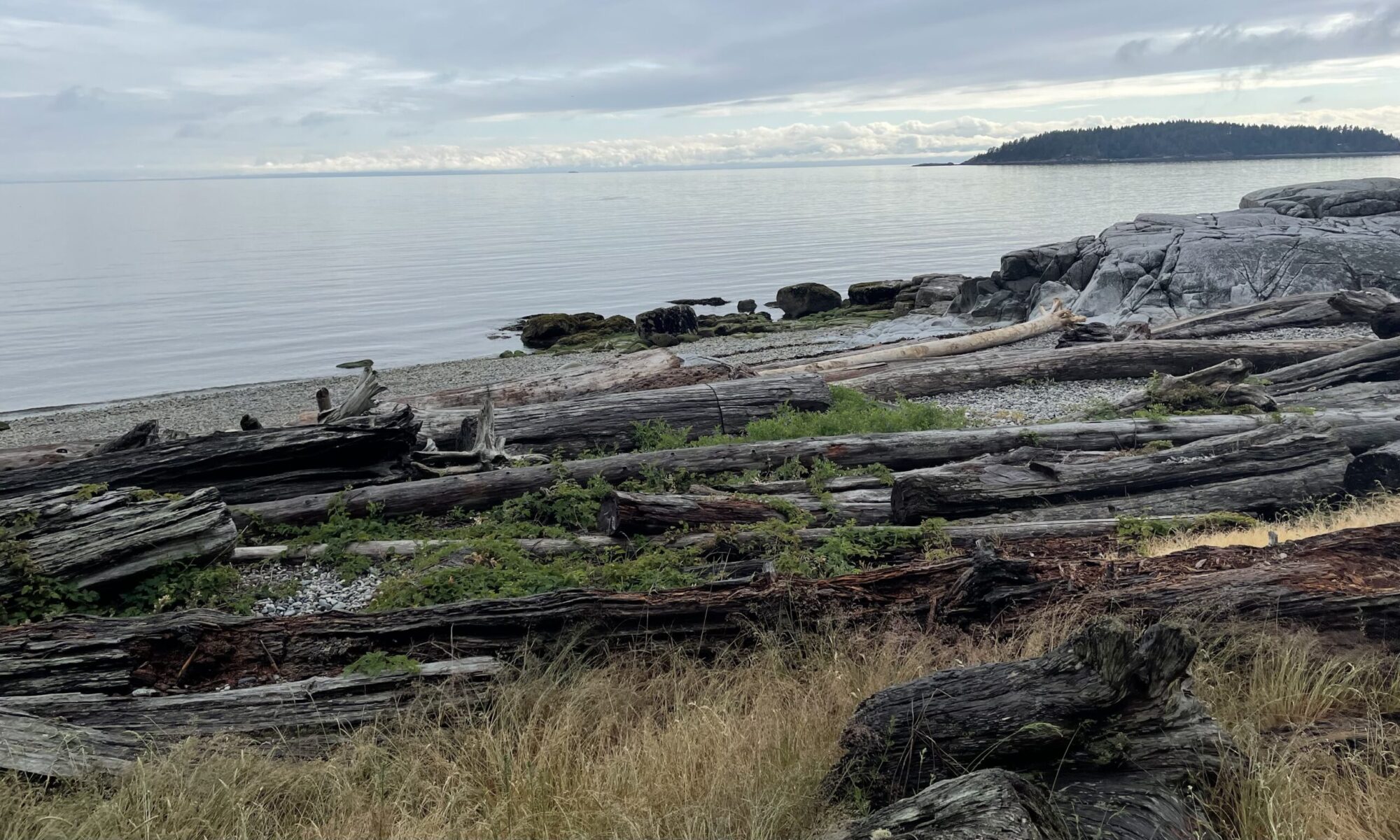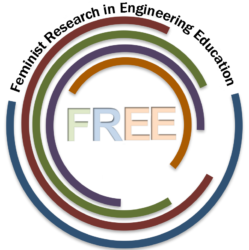2011. Mercado Santiago, M., Pawley, A. L., Hoegh, J., & Banerjee, D. “Institutional Ethnography as a Method to Understand the Career and Parental Leave Experiences of STEM Faculty Members.” Paper presented at the 118th ASEE Annual Conference & Exposition, June 27. Paper.
RIFE team hosts ADVANCE research open house
We had a great time at today’s open house, where people’s questions and concerns about our ADVANCE research are invited and answered.
Thanks, team, for doing such a great job with the planning and organization!
ADVANCE-Purdue Research Team to host fall open house
Local Purdue colleagues are invited to attend our fall ADVANCE Research Open House on October 19. It will be held from 4-5 in the Elm and Walnut rooms of the West Lafayette Public Library, at 208 W. Columbia St in West Lafayette. Please note there is free public parking across the street from the library, and kids are always welcome both to the library and to our open house. We will have some light refreshments to share.
People are welcome to drop in and chat with ADVANCE Research Team members Dina Banerjee, Jordana Hoegh, Marisol Mercado Santiago, and Alice Pawley, or otherwise comment about our ADVANCE research projects, and will be invited to learn about potentially participating in our research studies, including our Academic Career Pathways study where we listen to people tell us their career stories, or through our Institutional Ethnography studies on Purdue’s parental leave policy or the colleges’ promotion and tenure policies.
In particular, we are interested in discussing alternative possible publication models, where people who contribute their stories to a research study as participants also get research credit for the research. If you are interested in discussing this with us, we particularly hope you’ll drop by.
We hope to see you on October 19!
ASEE 2010: Modeling the career pathways of women STEM faculty through oral histories and participatory research methods.
Women increasingly earn advanced degrees in science, technology, and mathematics (STEM), yet remain underrepresented among STEM faculty. Much of the existing research on this underrepresentation relies on “chilly climate” and “pipeline” theoretical models to explain this phenomenon. However, the extent to which these models follow women’s actual career pathways has been undertheorized. Further, alternative metaphors may more aptly describe the career pathways of women STEM faculty. In our broader research project, we examine the ways women’s career pathways into STEM faculty positions are similar to and/or different from chilly climate and pipeline models, and if they vary based on race and/or ethnicity. At present, we focus on the ways oral histories and participatory research methods allow us to model the career pathways of women STEM faculty.

